This information has not been evaluated by the FDA and is not intended to diagnose, treat or cure any diseases. Cystic acne is a disease and requires medical care. This information is to provide information on healthy skin support and occasional pimples that may occur during normal hormonal cycles and times of everyday stress.
Acne vulgaris may well be a side effect of a consumer-based society. Acne affects 79-95% of adolescents in Westernized countries and is pretty much non-existent in non-westernized cultures. A study through Colorado State University found that of over 1300 adolescents studied in Papua, New Guinea and Paraguay between the ages of 8 and 25, none of the participants suffered any form of acne. (Arch Dermatol, 2002 Dec). Contrast this with modern society where rates of adolescent acne are beginning to affect kids as young as 8 years old.
While these rates are startling, many scientists are still unsure as to why this is happening, while the holistic community has been dealing with it naturally for decades. This is modern medicine, though, a culture all it’s own which is now just beginning to see the importance of some holistic measures like nutrition and stress management in healing the body.
Acne is the reason I began my quest for healthier living and the impact has been just as I had hoped. When I began searching for solutions to my acne which started in my late teens and continued into my early twenties, my diet consisted mostly of processed foods and very few raw fruits and vegetables. I consumed soda, caffienated coffee and ate products with Nutrasweet. I stayed up late at night, drank plenty alcohol and lived a pretty stressful, corporate life. These were the most unhealthy years of my life.
Fast forward several years once I took measures to support a healthy immune system: cleaned up my diet, removed the chemicals from my home and began to deal with stress and my skin has totally cleared up. There are many things you can do to lessen the occurance of acne, this is not a one size fits all list. Talk with your doctor about your options and inquire about the effects of diet and stress. Every person has different chemistry, hormone levels and desire to improve their situation.
What matters most is to do something. Traditional dermatologists will most likely begin with a medication like Accutane or antibiotics. Talk with your doctor to find a solution that works for you and your personal situation. Before we talk about natural options for acne, let’s cover common theories as to why it occurs. Of course, prevention is the best measure, so it’s never too late to begin changing or eliminating bad habits that most likely affect your complexion. As with all of my articles, this information is not intended to diagnose, treat or cure any disease or condition. If you have severe acne or need medical treatment, see a doctor.
Common theories as to the causes of acne:
- Allergies to foods can cause inflammation in the body. This inflammation may show up differently across our population. Some people get itchy throats, others get asthmatic responses, digestive upset or stomach cramping and others get pimples. According to the Center for Food Allergies, the number one cause of acne is food allergies. Since the skin is a source of eliminating toxins, eating allergenic foods may increase skin inflammation exacerbating acne outbreaks. While any food could be an allergen, one of the top offenders is dairy. If you suspect you are allergic to foods, an allergist may do a scratch test which does not detect a delayed reaction. For another perspective in allergy testing, ALCAT is a blood test that can detect allergens based on the blood protein’s response to different foods and can detect reactions that might be delayed a day or two.
- Heredity
- Hormonal imbalance Some theorize that acne is occurring in younger kids because of the hormones in our food and water from growth hormones, birth control pills, synthetic estrogen and xeno-estrogens that mimic naturally occurring estrogen. The big 5 that can bring on hormone imbalance: plastics, perfumes, pharmaceuticals, plant-based estrogens (SOY) and puberty. Unfortunately, the overuse of synthetic hormones in our culture may be contributing to the younger onset of puberty and resulting pimples. While many dermatologists will deny the effect diet has on exacerbating acne, some foods that increase hormone activity may result in increased acne. Any supplements targeted at increasing your testosterone (body building supplements) may increase the likeliness that acne will come with it.
- Diet is often downplayed as a factor that may improve or worsen acne vulgaris. Candidiasis may be another cause of acne as the body works to rid itself of excess yeast. In this case, diet would have a huge impact on acne if sugars are consumed which would feed the candida organism. Any foods that would disrupt hormones (soy products), stress the body (processed foods) or feed yeast may result in acne. Processed foods lack natural enzymes that break down foods you eat. Undigested foods put stress on the liver making it difficult for it to filter out toxins, which may be eliminated through the skin.
- Pharmaceutical Prescription drugs and supplements that commonly cause acne outbreaks include steroids, lithium, medications containing bromides or iodides and DHEA.
- Pollution is everywhere. Our bodies were designed to rid itself of some toxins on a daily basis, often through the liver, kidneys and skin. Some doctors refer to the skin as the “third kidney” since it is an important source of cleansing the body of toxins. Our culture is filled with more toxins than ever, in foods, personal care products and in manufacturing. It’s no surprise that acne rates in developing countries are higher than in those with little or no industrial pollution.
- Stress impacts all our body systems, often in subtle ways that we do not always notice until there is a huge problem like cancer, insomnia, digestive troubles or migraines. Skin eruptions are classic ways the body manages stress, often at the least opportune times like before that important interview, the big day or when major life changes happen. Stressful situations stimulate the adrenal glands to produce hormones like cortisol to help the body deal with stress, which in turn often flares up acne. These same stress responses also lessen the body’s natural defenses making it more difficult to deal with outbreaks that under normal circumstances would not occur. If you are anticipating a stressful situation, give yourself some grace and time to nurture your body through the stress so that acne outbreaks will be less likely. A study done at Stanford University found that students who ate poorly in stressful situations were more likely to have large outbreaks of acne.
Natural Choices Now that you’ve got some of the why’s of acne (and probably some good starting points of dealing with it on a systemic issue), here are some simple things you can do to deal with the minor outbreaks as they happen and support healthy skin function. Most of these are short term fixes for those occasional pimples and the issues above will help you bring your body into better harmony.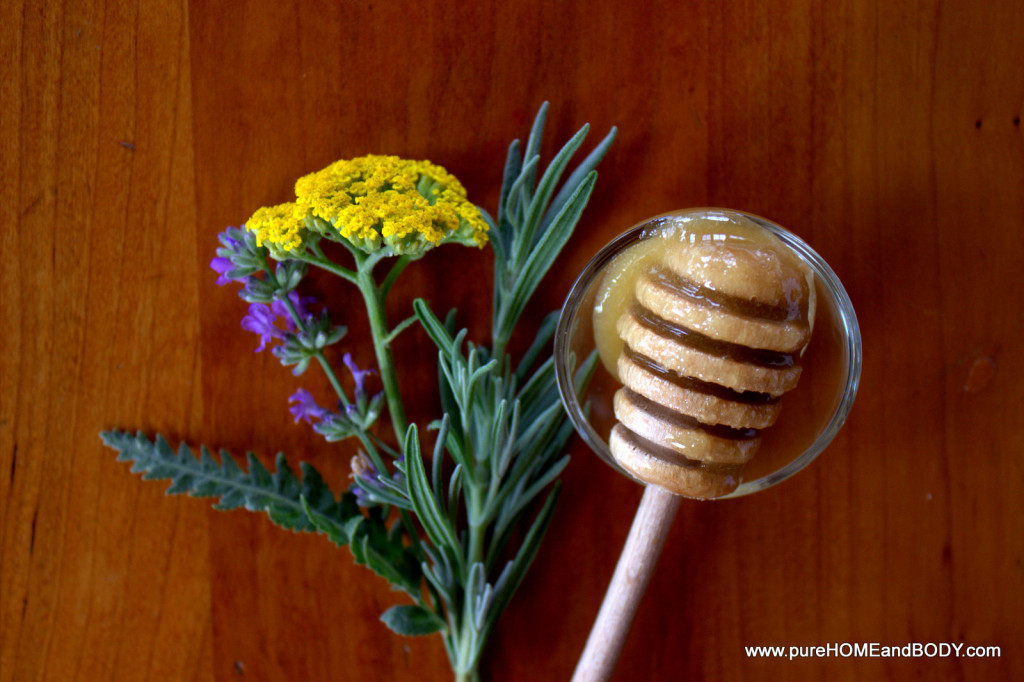
- Don’t pick pimples or they will become inflamed more and possibly spread. Keep your face clean and dry making sure not to use harsh chemicals, cleansers or fragranced products that may make acne worse.
- For relief from discomfort of inflammation, hold an ice cube on a blemish a minute to reduce inflammation and redness. Only do this for short periods of time, 10-15 seconds at a time, longer time may actually damage skin.
- Natural antibiotics can help prevent secondary infections. Internal use of antibiotics will deplete your gut’s good bacteria. If you are under the care of a physician for long-term antibiotic use, talk with your doctor about taking a probiotic supplement at a different time than the antibiotic. Look for a broad-spectrum supplement in the refrigerater section of your local health food store. Topical products can help keep pimples from spreading and there are plenty of natural elements like hydrogen peroxide (1-3%), colloidal silver and apple cider vinegar. Any of these can be applied topically with a q-tip or cotton ball to support healthy skin function.
- Go naked for a weekend wearing make-up often clogs pores and keeps your skin from breathing, making breakouts more likely. If you are not comfortable going sans make-up long term, try it at least for a weekend or week every month. Avoid using petroleum or mineral-oil based products. Pay attention to how your skin reacts after re-introducing products for signs of any sensitivities that may trigger outbreaks. Keep make-up fresh and toss out anything that is old or just smells “off”.
- Rinse your skin with apple cider vinegar mix together 1 part (ACV) with 10 parts of water and splash on your face after washing. This will restore a healthy ph balance to your skin and remove any soap residue.
- Drink plenty of pure water each day. This will help toxins flush out through your kidneys rather than out your skin.
- Add Vitamin A Many pharmaceutical acne treatments are made with Retin A (this is a derivative of Vitamin A, tretinoin), (retinyl palmitate) is a synthetic form of naturally occurring retinyl acetate found in Vitamin A which has actually been linked with skin cancer when it is exposed to UV rays. There has been controversy over sunscreens containing Retin-A. Adding foods that naturally contain vitamin A are the safest ways to supplement. The foods with the highest vitamin A content in order are: canned pumpkin, sweet potatoes, carrots, cantaloupe and spinach. You can make a nourishing skin mask with 1 tsp canned pumpkin, 1 drop carrot seed essential oil and 1 drop Chamomile Roman essential oil. Mix together and apply to the face and neck, leaving it on for 15 minutes, then rinsing with warm (not hot) water.
- Keep your hands off your face Oil and dirt from your fingers can contaminate pores on your skin making conditions best for pimples to occur. For athletes who wear chin straps, helmets or other equipment touching the face, wash these items frequently or after each practice to keep oils and bacteria from building up and spreading to the face.
- Wear a mask Natural masks from pure ingredients can help deep cleanse the skin and keep pores open.
Cleansing masks from natural clays: red, green, brown can be found at natural health food stores often in the bulk spices department. Mix together 1 tsp of clay with 1/2 tsp of water or aloe vera. Add anti-inflammatory essential oils like Chamomile Roman and Chamomile German, lavender and carrot seeed. Apply to the skin and leave on 5-10 minutes. Remove by holding a warm, moist washcloth on the skin and gently loosening the mask without rubbing. Splash cool water over the skin as a final rinse. Pat dry and apply a teaspoon of aloe vera, apple cider vinegar or witch hazel.
Nourishing masks keep moisture in the skin and support healing. Masks with honey, oatmeal and yogurt are all soothing to the skin. Mix a teaspoon of honey with 1 teaspoon of yogurt and some nourishing essential oils like sandalwood, calendula, rosewood and rose.
- Antiseptic essential oils keep blemishes clean to support healthy skin. Most of these can be applied neat (undiluted) directly to pimples. Make sure your hands are very clean before applying essential oils to outbreaks, and always use therapeutic grade essential oils. Lavender, Tea tree, myrrh and lemon have all been researched for their effectiveness in calming acne outbreaks (make sure you avoid sun exposure after applying lemon essential oil which will make skin more sensitive to sunburn).
- Essential Oils blends are effective too at keeping skin clean. Melaleuca/Rosemary is a blend of Melaleuca and Rosemary. Immune Boosting is a blend of Clove, Cinnamon, Rosemary and Lemon. Purifying blends Lemongrass, Rosemary, Melaleuca, Myrtle & Citronella. All of these are great for spot cleaning blemishes. Only apply these blends after diluting (1 drop to 1 tsp of aloe vera) and only to specific pustules to cleanse.
There are many ways you can support skin health from. Above all else, take time to slow down and notice what might be triggering your acne so you can work towards building a balanced body.
These statements have not been evaluated by the FDA and are not intended as treatment, diagnoses or a cure for any disease or illness. If you need medical attention, see a doctor.
P. Lertsatitthanakorna, S. Taweechaisupapongb, C. Aromdeea, W. Khunkittia, In vitro bioactivities of essential oils used for acne control. International Journal of Aromatherapy. Volume 16, Issue 1, 2006, Pages 43–49.http://www.sciencedirect.com/science/article/pii/S0962456206000075
Bassett IB, Pannowitz DL, Barnetson RS. A comparative study of tea-tree oil versus benzoylperoxide in the treatment of acne. Department of Dermatology, Royal Prince Alfred Hospital, Camperdown, NSW. The Medical Journal of Australia [1990, 153(8):455-458]. http://europepmc.org/abstract/med/2145499.
Sang-Suk KIMa, Jong Seok BAIKa, Tae-Heon OHa, Weon-Jong YOONbc, Nam Ho LEEa & Chang-Gu HYUNbc. Biological Activities of Korean Citrus obovoides and Citrus natsudaidai Essential Oils against Acne-Inducing Bacteria. Bioscience, Biotechnology, and Biochemistry. Volume 72, Issue 10, 2008. http://www.tandfonline.com/doi/abs/10.1271/bbb.70388#.VPixC1rqYUU
Yuangang Zu 1,2,, Huimin Yu 3,, Lu Liang 1,2, Yujie Fu 1,2,* , Thomas Efferth 4, Xia Liu 1,2 and Nan Wu 1,2. Activities of Ten Essential Oils towards Propionibacterium acnes and PC-3, A-549 and MCF-7 Cancer Cells.Molecules 2010, 15(5), 3200-3210; doi:10.3390/molecules15053200.http://www.mdpi.com/1420-3049/15/5/3200
Shahla Enshaieh1, Abolfazl Jooya1, Amir Hossein Siadat2, Fariba Iraji1. The efficacy of 5% topical tea tree oil gel in mild to moderate acne vulgaris: A randomized, double-blind placebo-controlled study. IJDVL.Year : 2007 | Volume : 73 | Issue : 1 | Page : 22-25. http://ijdvl.com/article.asp?issn=0378-6323;year=2007;volume=73;issue=1;spage=22;epage=25;aulast=Enshaieh.
ORAFIDIYA Lara O. ; AGBANI E. O. ; OYEDELE A. O. ; BABALOLA O. O. ; ONAYEMI O. Preliminary clinical tests on topical preparations of Ocimum gratissimum linn leaf essential oil for the treatment of acne vulgarism Clinical drug investigation ISSN 1173-2563 2002, vol. 22, no5, pp. 313-319 [7 page(s). http://cat.inist.fr/?aModele=afficheN&cpsidt=13702686.
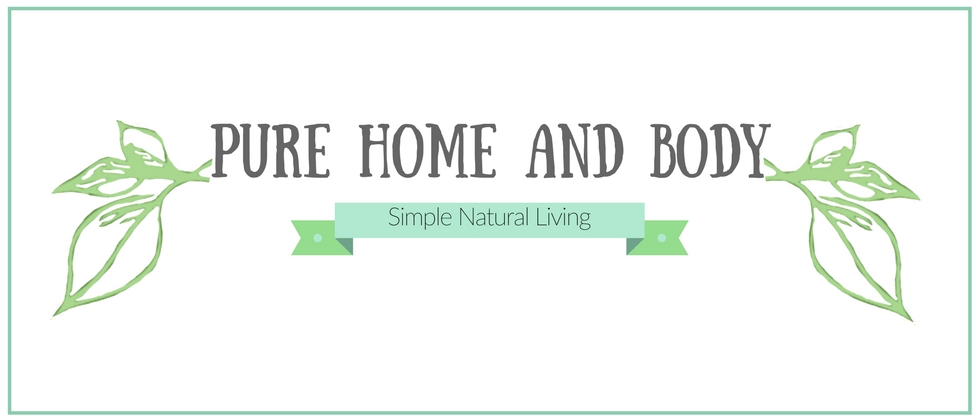


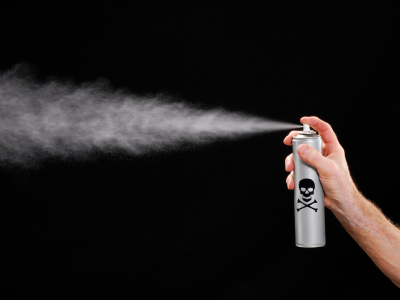






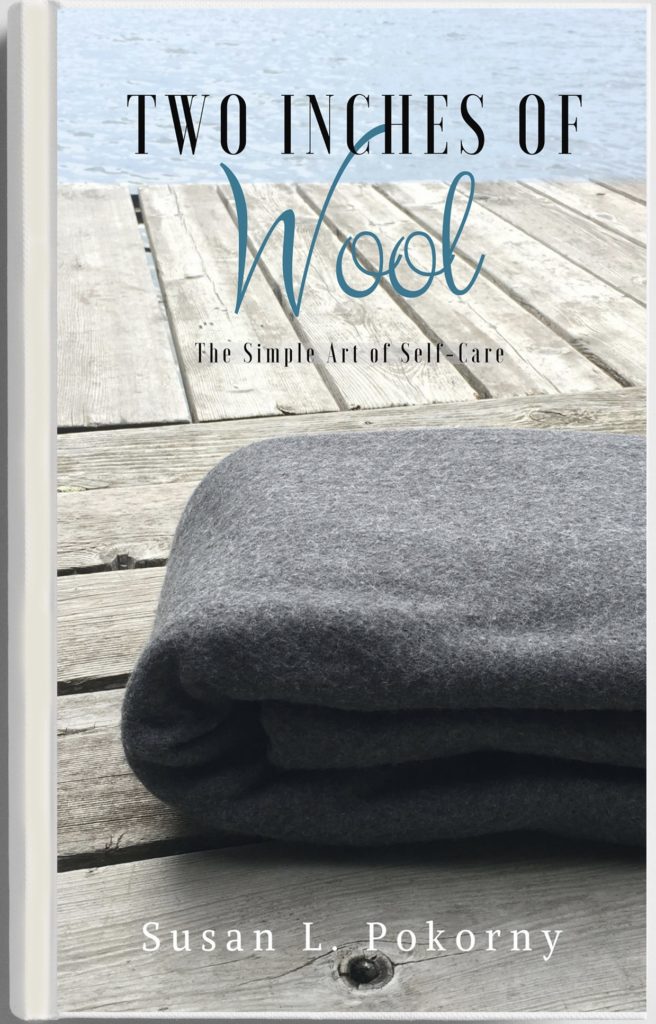
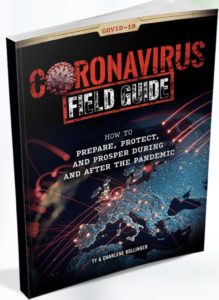
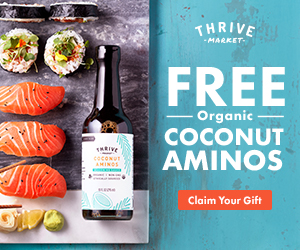


No comments yet.